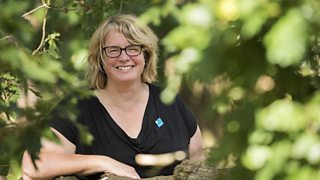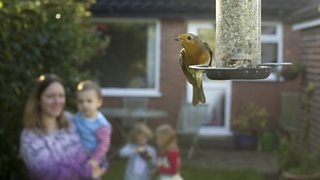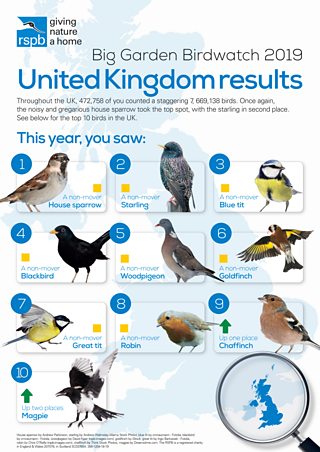
By Beccy Speight, CEO of the RSPB
We are at the beginning of a crucial year for nature. The signs of our impact on the planet are catastrophically evident, with devastating wildfires ravaging Australia and Arctic ice melting at a frightening pace. The climate emergency is having a huge impact on the wildlife with which we share this fragile planet.
Later this year there are two global inter-governmental events which will be critical for setting goals across the world to limit climate change and help restore nature. Firstly, in October, the UN Biodiversity Convention in China will seek to review and set global biodiversity targets, and then, in November, the UK plays host to the 26th Conference of the Parties on Climate Change in Glasgow. These must not be wasted opportunities: governments must use these moments – possibly the last meaningful chance they have – to set a course to restore nature and save ourselves.

We are facing the fight of our generation
We must all come together to slow down the ever-growing climate and ecological emergency and restore what is already being so appallingly damaged.
But I am a believer in ‘stubborn optimism’, a phrase coined in a new book, ‘The Future We Choose’, written by Christiana Figueres and Tom Rivett-Carnac, both key figures in developing the 2015 Paris Agreement on Climate Change. There are many fantastic examples of action and courage providing hope that together, through small and large deeds, we can provide a better home for nature and, as a part of nature, ourselves.
The RSPB was proud to stand alongside millions of people, many of them schoolchildren, during the September global youth and climate strikes last year. Later this year we will be embarking on a ground-breaking challenge, as we embark on a mission to restore the unique and threatened seabird population, including the Tristan Albatross and Gough Bunting, on Gough Island – one of the most remote islands on the planet and a UK Overseas Territory.
.

Big Garden Birdwatch – get counting this weekend
But you don’t need to go to distant islands or hold a placard at a demonstration to help ensure a better future for nature. Our annual Big Garden Birdwatch has been running for over 40 years and is a fantastic opportunity to experience nature, spending just one hour watching the birds in your garden or local park.
Nearly nine million hours have been spent watching garden birds, with volunteers counting over 137 million birds since this huge citizen science project started in 1979. Not only is it a great way for everyone to engage with nature on our doorsteps, but by sending your data to the RSPB you can help us monitor the varying declines and increases of these species. I’ll definitely be taking part, note pad at the ready.
The house sparrow remained at the top of the Big Garden Birdwatch rankings as the most commonly seen garden bird with more than 1.2 million recorded sightings in 2019. Here’s a look at the other birds that made the top 10 last year.

We can all play a part
Whether campaigning for change, helping conserve a threatened species, increasing wildlife friendly habitat, reducing your meat consumption, or counting birds for an hour this January, we can all play our part. What we do every day counts. This planet is the only one we have, and the time is now to get engaged and help make a difference for nature and for our future.
Big Garden Birdwatch runs from 25-27 January 2020. Take part by watching the birds in your garden or local park for one hour at some point over the three days.
Join the conversation online using #BigGardenBirdWatch
